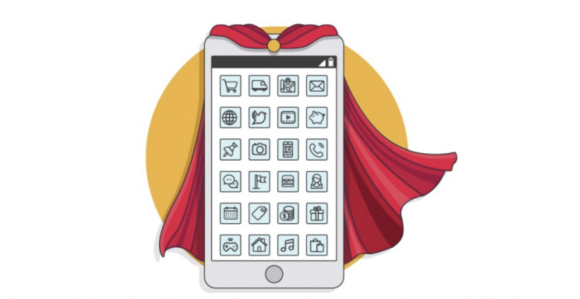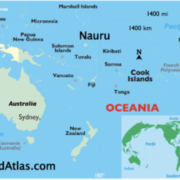American Super App
America will never achieve a “super app,” and what does that mean for Silicon Valley?
These “killer apps” thrive in other places but not in America.
WeChat is the super app in China, while there is Careem in the Middle East, Rappi in Latin America, and Grab in Southeast Asia.
Any attempt to move in on that territory has been stymied by Washington.
A Super app is roughly a place where ecommerce, daily and monthly payments, financial management, social chats, social media, and daily services like ride-hailing co-exist in harmony on one app.
American tech companies are getting blocked from incorporating new payments into their apps while legacy payment systems remain.
Facebook’s attempts to build out standalone payment capabilities through the Libra/Diem blockchain project failed, but other apps in its family such as Instagram and WhatsApp are bolting on payment and e-commerce functionality.
As Zuckerberg and his team seem to have noticed, payments are critical to any would-be super app.
Half of US smartphone users are expected to adopt mobile payments as late as 2025, according to eMarketer research.
By contrast, 64% of China's population had made a payment on their phone by the end of 2021, according to a report from China UnionPay, the state-owned financial services firm.
Companies will struggle to generate the volume needed to make a super app work the way WeChat does, which has accumulated more than 1 billion users thanks to its mix of services and payments that ensure people don't have to look elsewhere.
In emerging market countries, payments skipped cards altogether because the infrastructure was weak.
Instead of bank cards, citizens went from cash to paying by phones using their local super app.
This could never happen in America because card payment options are diverse and trustworthy.
America has a reliable network of fragmented services and regulators have become so emboldened that they would never allow a financial payment system on a super app to ever develop.
There's another clear reason why the most successful super app has emerged in China.
Beijing has shut out foreign competitors from offering Chinese consumers any alternative.
Under Lina Khan, the FTC is becoming more sharply focused on competition and user privacy. Creating super apps would almost certainly require aggressive consolidation through acquisitions — a surefire way of attracting scrutiny.
As it stands, American regulators are now hawkish against American tech.
There's also the issue of Apple.
With the iOS system, Apple doesn’t allow the type of access needed to be able to build a super app on an iPhone.
Even if Apple wants to build a super app, there are still plentiful Android users in America that wouldn’t be captured either.
Apple would also need to backtrack on its pledge to safeguard personal data which is very unlikely to happen.
The best bet is probably Elon Musk’s Tesla, Twitter, and Space X combo.
He has two strong elements needed for a super app, but he doesn’t have a payment system and there is almost no chance in this regulatory climate of getting that approved.
The best way forward is tech firms with strong balance sheet picking up the best of breed in tech sub-sectors and eventually, they will all merge together.
However, that’s proved difficult as well with Microsoft’s blocked acquisition of video game firm Activision.
In a high interest rate world, profitable tech firms with strong balance sheets will be rewarded the most if they buy smaller tech companies which will be additive to their profit model.
The cash burners have a tough time competing in a high rate world and zero chance of achieving that super app status.



